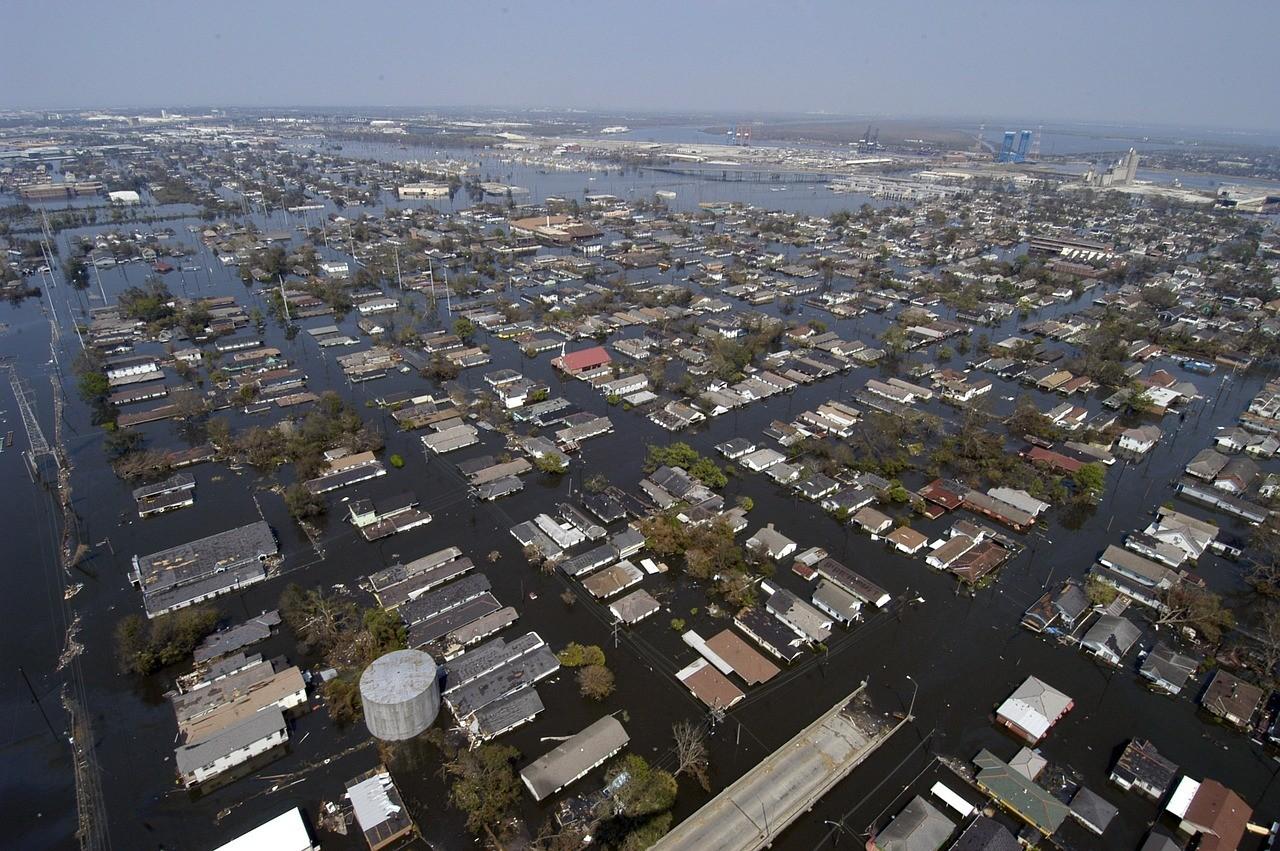
By Dave Gorham
Emergency weather planning is important for business. No matter how tight of a ship you run, Mother Nature remains unpredictable and one never knows when a disaster may hit.
That’s why savvy, forward-thinking executives create risk management and business continuity plans to ensure businesses continue operating in the event of an emergency. Without these protocols, chaos could ensue and the business may shut down for good.
We’re constantly protecting business processes during emergencies. But supporting employees during these occurrences may be the most important business continuity decision we make.
Put employee safety first during emergencies
In 2011, multiple natural disasters hit the state of Missouri. Long-traveled tornadoes ravaged the state and dominated the evening news for weeks. Although the destruction was unflinchingly devastating, the tornadoes did more than just destroy buildings and take lives — they wreaked havoc on the support systems that are the network of a thriving community.
As tragic as a lost home is to a family, a lost support system to a community is more so. Even those who are unaffected are unable to assist those friends, neighbors, family members and co-workers who are in tremendous need.
This makes it even more imperative for members of a community to embrace a culture of preparedness, yet so few do. Businesses large and small rely on their employees to run them. But without a level of preparedness at home, the survivability of these businesses will be tested in the wake of a disaster.
Here are some basic steps management can adopt to help employees help themselves and help the company:
1. Spread the word
Communications are often at least disrupted during weather emergencies. It’s important to have multiple ways of reaching your entire staff, including landline phones, voice-over-Internet protocol (VoIP), cell phones, texting and mass-messaging systems.
A centralized list of current employee contact information is vital for communications. Apps like GroupMe and even Twitter also allow for mass messaging in emergency situations. (Keep in mind that some apps, like Twitter, are public, and that may not be appropriate for your business.) Always make sure multiple key employees know how to initiate disaster preparedness protocols to keep critical systems and staff running, no matter the time of day.
During emergency situations, texting is typically easier and faster than calling, as phone lines can be jammed and text data travels more easily than voice data. And most cell phones have texting abilities, not just the expensive smartphones. Be sure employees (and their family members) are well-versed in the texting capabilities of their phones.
2. Prepare employees at home
Employees who are unprepared for a disaster will take longer to return to work and will have difficulty maintaining productivity when they eventually return. It's understandable, but their attention will be diverted by the crisis at home and professional responsibilities will suffer, which can cripple operations. By encouraging employees to take even basic preparedness steps at home, positive results in the workplace in the wake of a disaster will materialize.
Facility managers should understand the repercussions of all decisions being made regarding work schedules, production timelines, overtime, HR capabilities and more. The ability to split time between work and home needs to be considered, discussed and — if possible — encouraged.
The ability for employees to continue to be paid and seek ongoing medical attention needs to be absolute. Communicate regularly, and be fully transparent with everyone on the team. Help employees understand the risks, and provide support for their families and homes because they’re experiencing the disaster alongside everyone else.
3. Confirm your protocol
Having emergency methods in place doesn’t help when the team isn’t aware of them. Alerting employees and activating a backup supply chain isn’t a simple, on-the-fly decision that can be executed without advanced planning. It takes practice and buy-in across the organization, as well as from vendors who very well may also be in crisis.
Always be sure you’re basing decisions on solid information and don’t be afraid to get advice from experts. Obviously, there's no need to shut down operations or enact emergency procedures unless there’s an actual emergency. However, when one hits, you’ll be glad procedures and support systems are already in place and that everyone’s trained on how to react before, during, and after the emergency. Properly prepared, you'll have confidence the decisions you make are the right ones.
The bottom line
We all strive to run our businesses like well-oiled machines, but when disaster occurs, it can easily shut down operations for those that aren’t prepared. A little proactive planning today goes a long way in preserving your business when disaster strikes tomorrow. Don’t let all the hard work you put into your business go to waste.
Image credit: Pixabay
StormGeo senior meteorologist Dave Gorham is a former U.S. Air Force meteorologist with expertise in aviation meteorology and severe weather. Dave is one of the few servicemen to directly support both Air Force One and Marine One, stationed at Andrews Air Force Base and Camp David, respectively. After the Air Force, Dave worked as an on-camera meteorologist for an NBC affiliate in North Texas and as an on-air meteorologist at Houston’s KUHF-FM radio station before returning to his aviation roots with Universal Weather and Aviation.
TriplePundit has published articles from over 1000 contributors. If you'd like to be a guest author, please get in touch!














